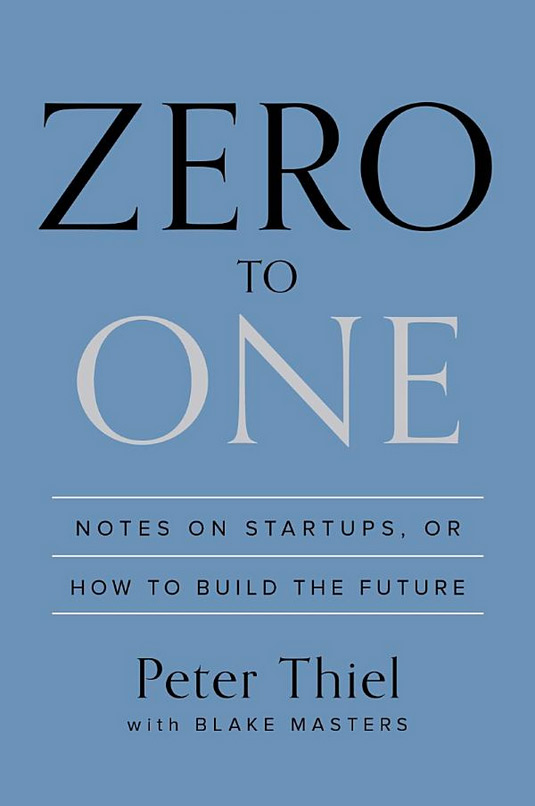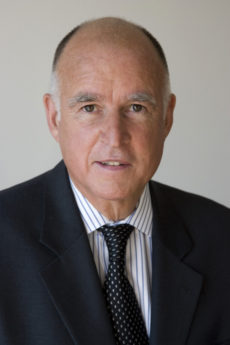Abigail R. Hall • Thursday, January 22, 2015 •
As the world observes conflicts in Iraq, Syria, the Ukraine, and elsewhere, the impact on human life is undeniably tragic. Nowhere is this tragedy more pronounced than in the impact of these conflicts have on children.
According to the Syrian Observatory for Human Rights director Rami Abdel, more than 10,000 children have died in the Syrian conflict. In addition to these immediate threats against life and limb, war has other consequences for children. Conflict disrupts a child’s education and grinds economic activity around the conflict zone to a halt. This delay in education and stunted economic activity perversely impacts young lives both now and in the future. It is estimated that some 40 million children are out of school in conflict-affected countries throughout the world.
As if this damage were not enough, some children bear an even greater burden. They are soldiers.
There are an estimated 250,000 child soldiers in world today. These children, often abducted from their homes by armed forces, are desirable as soldiers because they are easier to control than adults, have an underdeveloped sense of danger, and use fewer resources than a comparable adult. Children are often sent into battle as infantry in order to draw fire away from adult combatants.
In response to this problem, members of the international community have taken steps to curtail the practice throughout the globe. In the United States, the Child Soldiers Prevention Act of 2008 (CSPA) was meant to assist the goal of ending child soldiering by banning the U.S. from sending military assistance to countries with “governmental armed forces or government–supported armed groups, including paramilitaries, militias, or civil defense forces, that recruit and use child soldiers.”
In 2010, President Obama signed into law an additional bill, the Lord’s Resistance Disarmament and Northern Uganda Recovery Act, and pledged the U.S. would help end the “killing, raping…and brutalizing [of] children” in Joseph Kony’s army of “Invisible Children.”
So did the U.S. government fulfill its supposed goal of snuffing out child soldiering by withholding aid? Not by a long shot. Just five months after his 2010 pledge, Obama granted several waivers to the Child Soldier Prevention Act, allowing funding to continue to four countries known to use child soldiers. Chad, Congo, Sudan, and Yemen each received a reprieve for a variety of reasons including their assistance in fighting terrorism. Congo was exempted because of American programs in the country aimed at training the military to “be more professional.” During the Obama administration, Congo, Yemen, and Chad would each receive millions in weapons despite their humanitarian records and the known use of child soldiers.
The consequences of such actions are tragic. As I’ve discussed in other posts, there are a variety of problems with using weapons as aid. Even if we assume that the military equipment given to these countries is initially sent for legitimate purposes, it is practically impossible to control the flow of these weapons after they reach foreign soil. These weapons allow conflicts to grow, perpetuate, and provide the arsenal for future conflicts. These arms fuel the very humanitarian crises the U.S. government supposedly wants to combat. Those who pay the highest price for these policies may be the most innocent.







